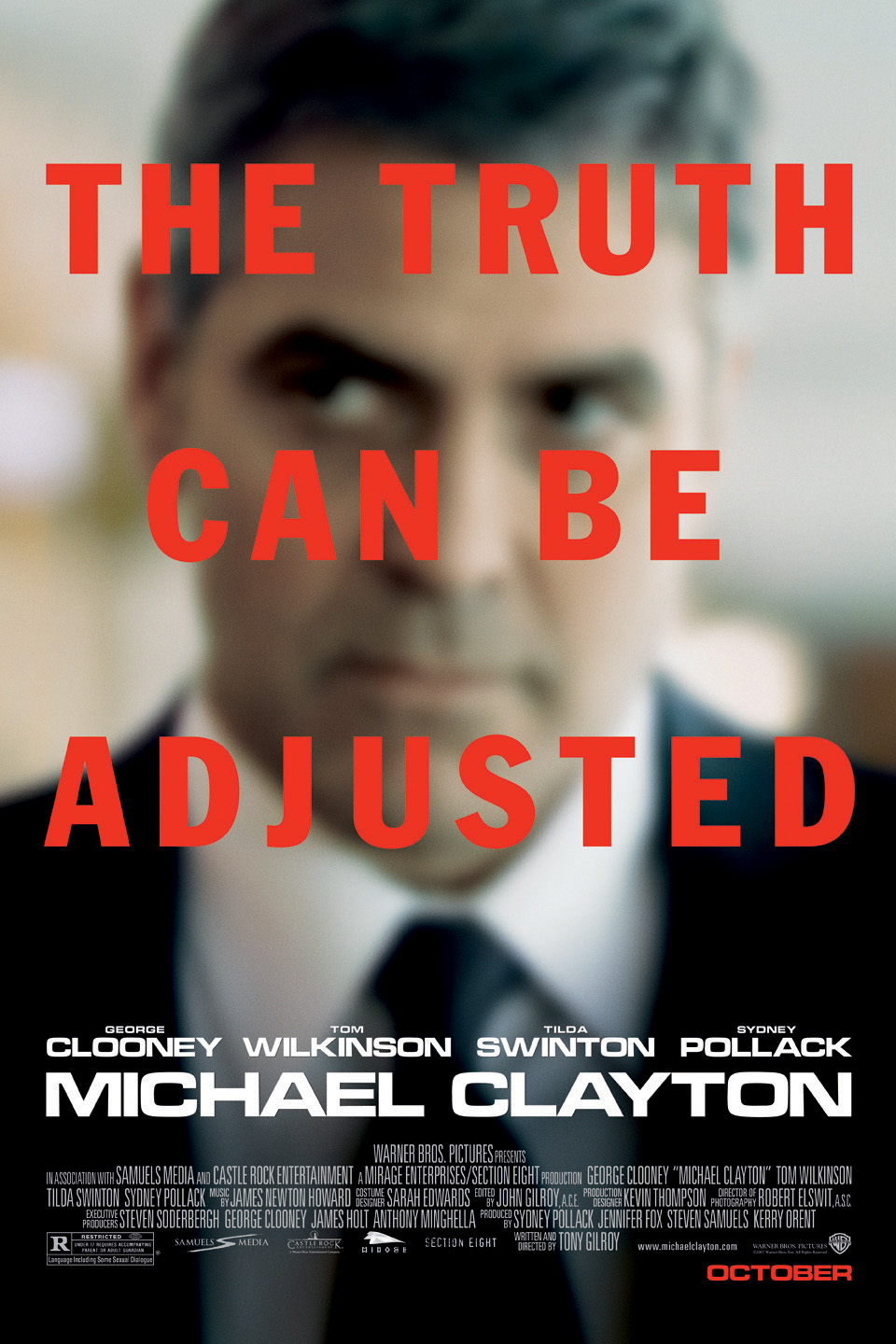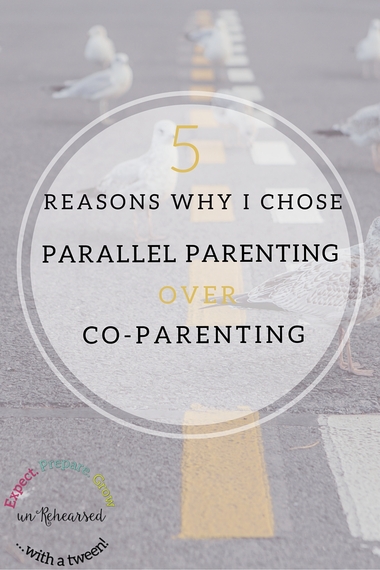Those folks who are divorced and who have kids and who can actually mumble a "hello" to each other and actually mean it.
Those folks who are divorced, remarried and invite each other over to their kids' birthday parties.
We are not those folks.
What happens when you are divorced with kids and must have a relationship with your ex, knowing that you will never be those folks?
You're probably expecting me to say that co-parenting is the solution. Co-parenting is a parenting partnership that should occur when the parents are no longer married or were never married. This is the type of partnership where the parents consult each other on things regarding the child. No one parent makes decisions unless the other parent has given them the "okay." In other words, both parents can see past who is right/wrong; the kids are their only concern. They work together to raise their kids.
I knew of a divorced couple with kids. They both remarried. The woman became pregnant and her ex-husband and his wife were at the hospital to support the birth of her new baby.
Whoa!
We are not those folks. And I am fine with that. It has taken me seven years to be fine with that. During this time, I have looked for different ways to have a co-parenting relationship with my ex. I stumbled upon an article over at the
Huffington Post that introduced me to a new term: Parallel Parenting. The author, Virginia Gilbert, explains that there are situations when co-parenting doesn't work. Everyone's situation is different and each person has to decide what's right for them.
For me, co-parenting made me feel like I had to have a mask on around my ex-husband. I was afraid to voice my own opinion about our daughter for fear of being seen as incapable. In other words, I had to "play nice." Why did I have to play anyway? Why couldn't I just be myself?
According to Psychology Today, parallel parenting is defined as "an arrangement in which divorced parents are able to co-parent by means of disengaging from each other."
Once I accepted that I could and needed to be myself, I no longer desired for my ex to see me as right. It no longer mattered. I had to let go trying to control every situation, because the ultimate goal of parallel parenting is reducing conflict and moving forward, with each parent parenting the child.
Although there was no physical violence in our relationship, my ex-husband and I were unable to communicate in a respectful manner and were in constant competition for who was the better parent. This led me to choose parallel parenting over co-parenting. And here are five reasons why:
1. It allows minimal interaction.
In the beginning, I would invite my ex-husband and his family to Tween Girl's birthday parties or other activities, only to have the invites refused or declined. Honestly, I was relieved because I felt that if they showed up, they would be so critical of everything! If we were all ever in the same space, the tension would be so thick. At the time, I felt these were things I had to do, I wanted Tween Girl to have parents who got along.
After many "keyboard confidence" emails received, I realized that the anxiety of forcefully interacting with each other was not yielding a result to which Tween Girl reaped good benefits. Once I adapted parallel parenting, we were able to agree on a visitation meeting location. If Tween Girl has events to attend, I provide the information to my ex-husband. The decision to attend is his own. Any interaction between visitations is based on his decision to do so.
2. We communicate via email only.
When face to face and phone conversations involve much yelling, it's time to find a better way to "communicate". Yelling and arguing reminded me too much of when we were married. Emails, in this situation, allow for individuals to state the facts without emotion.
A great reference,
Crucial Conversations, helped me to learn how to state the facts; facts are what matter. Facts without emotion allow you to eliminate emotions that will prompt the other person to respond with more emotion. Somehow, all the facts get tossed out the window and you're left with a room full of emotions.
Emails can also be a form of proof. So, just as you wouldn't (hopefully) type a crazy email to your boss or anyone else that you may respect, you would not want to do so in this situation either.
Also, I had to get over the keyboard confidence my ex-husband gets from time to time.
3. There is no interference.
Since we were having trouble agreeing over even the simplest things, we definitely had trouble with each other's parenting styles. The world is comprised of many different types of people who do things, um ... differently. This "no interference" eliminates phones calls of "why did you allow ...".
I know that my ex-husband has Tween Girl's best interest at heart, and I hope that he knows the same for me. As the full custodial parent, I keep him updated on her latest activities and grades at school, all via email. If it's an urgent issue, there may be a phone call or discussion during drop-off.
No interference also means letting go of trying to control how my ex parents Tween Girl. If he decides to let her stay up all night -- not my house, not my rules. As a good friend said to me, "your ex-husband is an adult. Whatever happens to the children while they are in his care is on him." Letting go is key to making parallel parenting work.
4. It's more of a business arrangement.
High-performing employees show up at work and perform without spreading gossip, slacking off or discussing their latest wild escapades. When they interact with their co-workers, it is on a business level not an after-work, happy-hour friendship. Parallel parenting allows for parents to not get overly involved in each other's lives, worrying about how late he's letting her stay up at night or him not liking any decisions you make. Your child is your business.
5. It reduces stress.
This is a biggie for me. Before parallel parenting, I always had anxiety whenever my ex-husband's name showed up on my phone or email. Answering those calls or opening those emails meant stress. Since I've adopted parallel parenting, my correspondence has been crafted as such. As a result, my ex-husband has adapted to crafting his correspondence as well (with a lil bit of keyboard confidence every now and then).
My five reasons for choosing parallel parenting over co-parenting may seem harsh and may not work for everyone. But if you are divorced or in a "shared" parenting relationship, you know that parenting with an ex is not always a bed of roses. Some of us struggle with it but still want to love and support our kids.
I chose this method because it helps me to remove my emotions with my ex and focus on the love, support and care for Tween Girl. Her needs should never be overshadowed.










